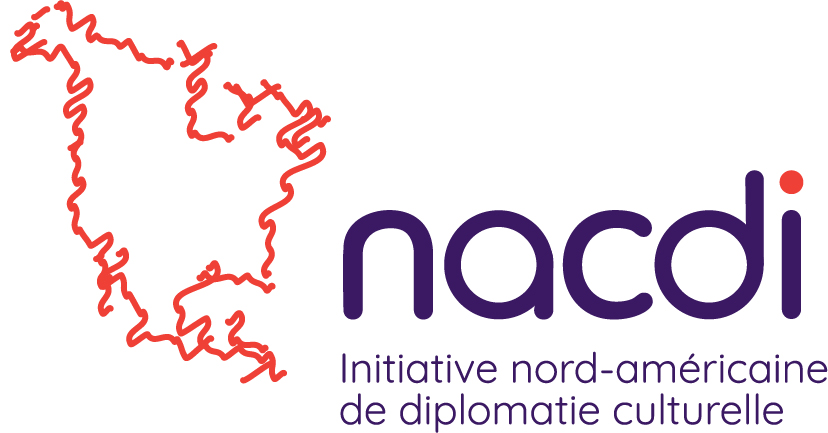International education is recognized by states and other international actors as a significant tool of soft power –a mechanism of attraction and persuasion. Education as a global phenomenon attracts people, and generates interest in the languages and cultures of other places. It can project a positive image, increase influence and sympathy abroad. The attractiveness of education brings to light its soft power, and situates it within a broader cultural diplomacy framework.
International Education: Exchange and Institutions
Historically as well as in the contemporary era, the use of international education in cultural diplomacy take two common forms; exchange programs and international institutions. Increasing student mobility through exchange programs and promoting culture abroad play a key role in the development of international strategies and policies. From China to the U.S., Canada to the United Kingdom, nations concentrate time, energy and money on their educational programmes and institutions in hopes to ‘’win the hearts and minds’’ (Nye, 2004, p.1) of people on a global scale.
Exchange programs not only bring thousands of foreign trainees, professionals, students, and scholars to host countries but also create opportunities for people-to-people communication; foreign students are encouraged to learn about the host country’s values and ideals, and students sent abroad are encouraged to spread their nation’s values and way of life. Similarly, international institutions like the British Council, the Alliance Française and Germany’s Goethe-Institut work to attract foreign publics to their country’s culture, art and heritage through classes, events and activities.
Comparative Approaches: USA, Europe, China
How do governments promote international education and align it with their foreign policy goals? American educational efforts and strategies gained momentum in the cold war period when the state took a special interest in the promotion of student mobility through programs of the non-profit private organization, the Institute for International Education (IEE). Today, the IEE oversees U.S. international educational activities and administers its flagship Fulbright Program. Funded by the U.S. Department of State’s Bureau of Educational and Cultural Affairs (ECA), Fulbright Scholarships mobilize people from all over the world; sending the U.S. citizens abroad while bringing non-U.S. citizens to the United States.
Similar student exchange initiatives operated successfully in Europe. One key example is the European Union’s Erasmus+ Program, which is regarded as one of the main components of EU’s foreign policy. As ‘’the embodiment of European values’’ (European Commission, 2017), the program increases its influence and outreach. In 2016 alone it mobilized over 725.000 .
United Kingdom’s British Council is another significant example of the soft power of intercultural activity. Last year through the British Council the UK government reached over 75 million people directly and 758 million people (British Council, 2017) with programs in over 100 nations worldwide. Likewise France’s Alliance Françoise and Germany’s Goethe Institut each have extensive global networks.
China’s Confucius Institute is a key example of the use of institutional soft power in the non-Western context. Since its foundation in 2004, the Institute has spread to over 104 countries worldwide. Affiliated with the Ministry of Education of the People’s Republic of China, it aligns itself with government foreign policy goals, promotes the Chinese language and culture abroad and enhances China’s prominence in the international arena.
Canada: Importance of International Education
Like its counterparts, Canada recognizes the contribution of international education to its soft power influence.
A recent report commissioned by the Centre for International Policy Studies and The Munk School of Global Education, “Global Education for Canadians: Equipping Young Canadians to Succeed at Home & Abroad” (November 2017) presents global education as an ‘’immediate and urgent need’’ for Canada’s international influence and for building strong relationships with emerging countries and their peoples. The report underlines the necessity of having a coordinated and ambitious educational strategy to enhance Canada’s power in international affairs.
Through student exchanges and international institutions, countries convey particular cultural, social, educational and political images of themselves abroad. These not only enhances their global visibility and influence but also their ultimate goal to reach and win the hearts and minds of people world-wide.
October 2, 2018
